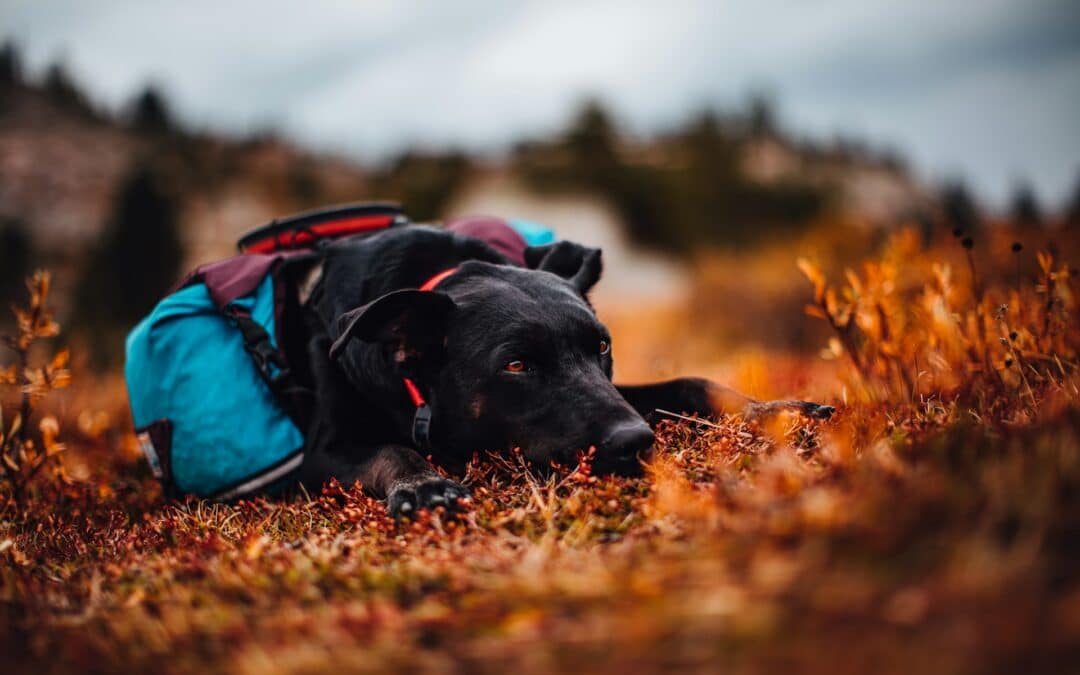Taking care of a pet means being ready for anything—from cactus spines in paw pads to unexpected tummy troubles. Here in Arizona, where hot sidewalks, dust storms, and desert critters are a part of daily life, having a pet first aid kit on hand isn’t just smart, it’s essential.
Think of it like insurance: you hope you won’t need it, but when you do, you’ll be glad it’s ready.
What Every Pet First Aid Kit Should Include
Everyday Basics
These are the items you’ll reach for most often:
-
- Tweezers or tick remover for cactus needles, splinters, and ticks
- Gloves (latex or rubber) to keep you clean and safe from blood or infection
- A card with emergency information like your vet’s number, poison control, your pet’s medical records, and a list of medications they need
- A cold pack to reduce swelling or help with overheating
- A flashlight for those early morning or late evening hikes (injuries don’t always happen during the day!)
- Treats—because even in an emergency, comfort matters
Wound Care Supplies
Accidents happen, but these tools can help you treat minor injuries until you’re able to get to the vet:
- Scissors with blunt tips to safely cut bandages or trim the fur around a wound
- Saline solution for rinsing wounds or eyes
- Hydrogen peroxide (3%) for cleaning wounds (do not use to induce vomiting without veterinary guidance)
- Needle-less syringes or eye droppers to flush out dirt and debris
- Gauze pads and non-stick bandages to cover cuts or scrapes
- Self-adhering tape that won’t stick to fur
- Plain antibiotic ointment (like original Neosporin) but avoid ointments with pain relievers, as some ingredients can be toxic to pets
Hydration
Arizona heat makes dehydration a year-round risk. Always keep a bottle of water and a collapsible dish in your kit for easy drinking on the go.
Restraint and Safety
Even the most gentle pet may panic when they’re hurt. To help keep everyone safe, make sure you include:
- A soft muzzle in case your pet reacts out of fear or pain
- An extra leash and collar in case theirs breaks or gets lost
- A towel or blanket to wrap small pets, keep them warm, or use as a makeshift stretcher
Arizona-Specific Tips
Because of our desert climate, you might also want to add:
- Booties to protect paws from hot pavement
- Styptic powder or cornstarch to quickly stop bleeding from cracked nails
- A thermometer and lubricant to monitor for heat stroke (rectal temperatures are the most accurate)
Be Prepared, Not Panicked
A pet first aid kit is never a substitute for veterinary care, but it can make all the difference while you’re on the way to the clinic. Keep one at home and one in your car or hiking bag so you’re never caught off guard.
At Anasazi Animal Clinic, we’re here to help when the unexpected happens. If you’d like advice on stocking a pet first aid kit, or if your pet has a medical condition that may need special supplies, give us a call. Together, we can make sure you’re prepared for whatever Arizona throws your way.
Photo by Patrick Hendry on Unsplash used with permission under the creative commons license for commercial use 10/1/2025

